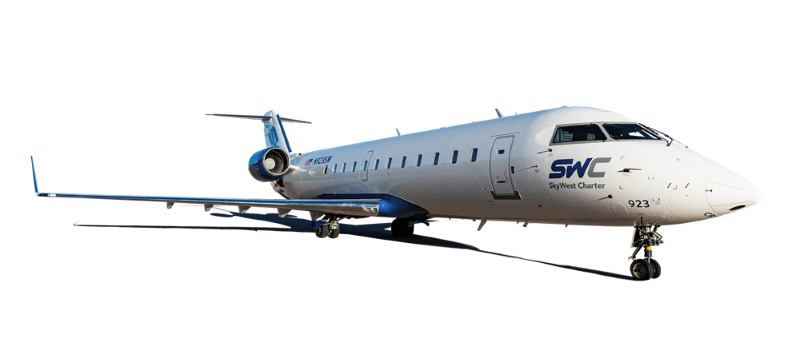
Citing “rapid growth” in recent years of scheduled public charter flights operating under Part 380, the Federal Aviation Administration (FAA) announced it is examining whether regulatory changes are necessary from a safety standpoint.
“This rapid growth poses an increased risk to safety if left unchecked,” the agency said in a notice of intent (NOI) released Aug. 24. It intends to initiate a rulemaking that will “address” certain Part 135 charter operations that, due to certain U.S. Transportation Department (DOT) rules they follow, become “essentially indistinguishable” from Part 121 scheduled airline operators.
“Specifically, the size, scope, frequency, and complexity of charter operations conducted as ‘on-demand’ operations under the Part 135 operating rules has grown significantly over the past 10 years,” the agency noted.
Should regulations be amended, “some operators conducting public charter operations would need to transition from operating under Part 135 to Part 121,” the NOI states.
FAA’s notice comes a little over a year after SkyWest Charter (SWC) applied for commuter air carrier authorization. Months of filings have ensued, including comments of support and opposition. The Air Line Pilots Association (ALPA) and the Association of Flight Attendants-CWA (AFA-CWA), among the dissenting organizations, praised FAA’s announcement. Both have cited safety concerns in calling on DOT to reject SWC’s proposal.
“Some airlines use the public charter loophole to cut costs by skirting lifesaving safety rules, but if they run similar operations as commercial scheduled airlines, then they are not operating as charter, and that’s an issue,” ALPA President Jason Ambrosi said.
In response to the NOI, SWC says it believes operations of Part 380 flights under the current FAA classification are “essential for small community air service, today and well into the future.”
“The FAA’s ‘notice of intent’ to review its classification of such Part 380 flights clears the path for DOT to approve SWC’s Application for a Commuter Air Carrier Authorization, consistent with existing law and SWC’s undisputed fitness, since the non-fitness issues will be addressed by the FAA allowing DOT to focus on fitness,” SWC told Aviation Daily. “Additionally, SWC already exceeds current safety requirements and will transition to any additional requirements that may be adopted by the FAA as part of the rulemaking process.”
JSX, a public charter operator also named by ALPA as “us[ing] a loophole to mimic scheduled service,” in related filings to DOT, called the NOI disappointing.
“We look forward to fully participating with maximum transparency as part of this public process with our regulators,” JSX Director of marketing and communications Ben Kaufman told Aviation Daily. “JSX complies with all applicable rules and regulations and far exceeds the safety requirements germane to our public charter operations.”
FAA’s notice seeks comments and data regarding potential effects a regulatory change could have on small communities; as well as any projected impacts to competition, innovation, and technologies; suggestions on alternative regulatory structures; and the amount of time realistically needed to transition operations should a new rule be adopted.
